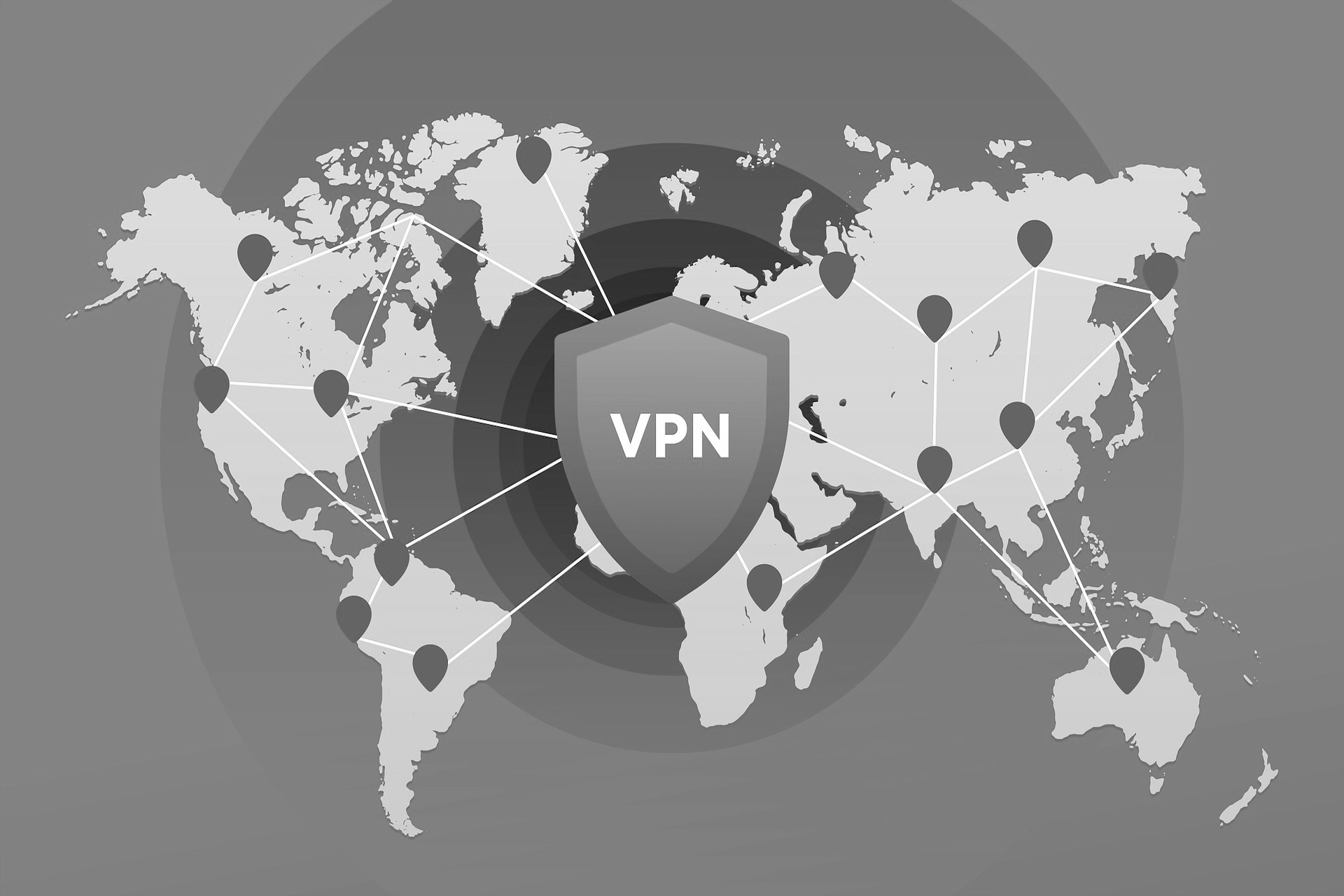In an increasingly interconnected digital world, ensuring our online privacy and security is paramount. One of the essential tools for achieving this is a Virtual Private Network (VPN). A VPN acts as a shield, providing a secure pathway for your data to travel through the vast landscape of the internet.
What is a VPN?
A VPN, or Virtual Private Network, is a technology that creates a private network from a public internet connection. It extends a private network across a public network, allowing users to securely send and receive data as if their devices were directly connected to a private network. It employs encryption to secure your online activities, making it difficult for third parties to intercept or decipher your data. Essentially, a VPN creates a secure tunnel between your device and the VPN server, ensuring that your internet traffic remains confidential and protected.
How does it work?
When you connect to a VPN, your device communicates with the VPN server. All your internet traffic is routed through this server, where it is encrypted before reaching the intended destination. This encryption process turns your data into an indecipherable code that can only be unlocked by the VPN server or the end server.
For example, if you're at a coffee shop using public Wi-Fi, connecting to a VPN ensures that all your online activities, from browsing to emailing, are encrypted. This encryption guarantees that even if a hacker intercepts your data, they won't be able to make sense of it without the encryption key.
Benefits of using a VPN
-
Enhanced Privacy: VPNs mask your IP address, making it difficult for websites, advertisers, or hackers to track your online activities. Your browsing history remains confidential.
-
Security on Public Wi-Fi: Public Wi-Fi networks are often insecure, making it easy for malicious individuals to snoop on your data. A VPN encrypts your data, safeguarding it from potential threats on public networks.
-
Bypassing Geo-Restrictions: VPNs allow you to change your IP address to appear as though you're browsing from a different location. This enables you to access region-restricted content.
-
Secure File Sharing: VPNs are crucial for businesses and individuals who need to share sensitive files securely. The encryption provided by a VPN ensures that your files are protected during transfer.
-
Remote Access and Business Use: VPNs are vital for businesses that need employees to access the company network securely from remote locations. It provides a secure connection to internal systems and data.
Conclusion
In a digital landscape fraught with potential risks to our privacy and security, utilizing a VPN is a prudent choice. By encrypting our internet traffic and masking our IP addresses, VPNs provide a powerful tool to protect our data and maintain our online privacy. Whether for personal use or for business purposes, incorporating a VPN into our online routines is a step towards a more secure and private internet experience. Embrace the benefits of a VPN to ensure your online activities are shielded from prying eyes and potential cyber threats. Stay safe, stay private.
Note: If you have more questions about the current topics, such as Digital Security, IT Management, VPN and so on, please don't hesitate to reach out to us. We are more than happy to help!

